info@chinaadventure.org
86-18008011324
Search
Sichuan Opera is mainly popular in the Han nationality areas of Sichuan, Chongqing, Yunnan and Guizhou Provinces in southwest China. It is a kind of traditional opera composed of five kinds of acoustic art: Gaoqiang, Kunqu Opera, Huqin, Bangzi and Sichuan folk opera.
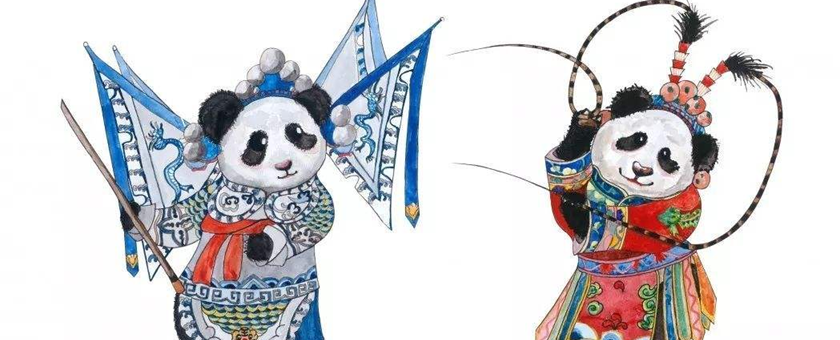
Development of Sichuan Opera
During the Tang Dynasty (618-907), a five-member band appeared in Chengdu. In the Song Dynasty (960-1276), opera developed into poetic drama. During the Ming Dynasty, artists performed the technique at Jinling (Today's Nanjing). During the reign of Emperor Yongzheng and Emperor Qianlong (1644-1912), the Kunqu Opera, Yiyang, Bangzi Opera and Pipa Opera in Chinatown were integrated with the local language, folk customs, minor tunes, Yangko dance and lantern opera in Sichuan.
In the early 20th century, a Renaissance movement began to reform the arts. The most famous reformer was Kang Zhilin, who led the Sanqing Company. Founded in 1912, it was one of the most famous theater companies of its time.
During the cultural revolution, the art form was influenced to a certain extent. But it has continued to thrive, especially since China's economic reforms in 1978.
Generally speaking, Beijing Opera, an art form known for its singing, is less restrained than the more popular forms. Sichuan Opera is more like a play than other forms of Chinese drama, and the acting is excellent. The music is accompanied by a small gong and a musical instrument called a xylophone, similar to the erhu. The traditional routine is quite systematic, combining the special effects of changing face, sticking face, hiding sword, spitting fire, etc., which changes with the different plots and characters.
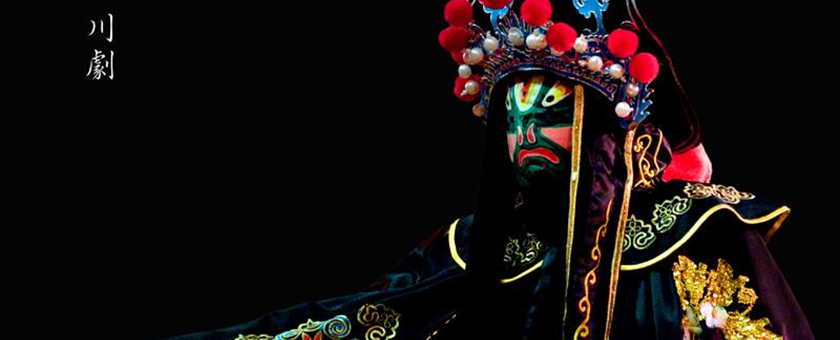
Features
Sichuan Opera is characterized by vivid and humorous narration, singing and acrobatics. It also established a set of stylized action system. The action is delicate and vivid. The performance of Sichuan Opera is always full of wit, humor, lively dialogue and distinct local flavor. In order to create special characters, Beijing Opera adds a series of special effects, including the famous "Face-off". In Chinese Opera, masks are usually painted, but in Sichuan Opera, a performer can change his or her face on the stage with a flick of his or her finger.
Related Artciles
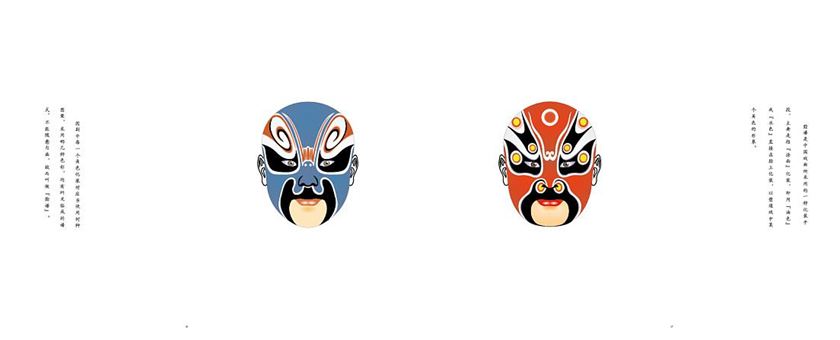
Face Off
One of the most fascinating artistic charms of Sichuan Opera is "Face-off", which is achieved by quickly tearing off, rubbing or blowing off the mask.
The performers had prepared many special masks made of gauze and elastic materials, such as sheep membranes and rubber. The mask is painted with different patterns and assembled with a special transparent thread, which is then glued to the performer's face.
Special masks for "face-changing" must be fitted to the performer's face to ensure that they are as close to the skin as possible. Masks used to be discarded after shows, but now they can be recycled with a few repairs.
Changing faces is an amazing art. The actor changed more than 10 masks in 20 seconds. Actors show different emotions through different masks, such as raising their hands, waving their sleeves and shaking their heads. From green to blue, red, yellow, brown, black, black and gold, these masks show fear, nervousness, relaxation, cunning, despair, anger and more.
Sichuan Opera master Peng Denghuai changed 14 masks in 25 seconds and returned to four after revealing his true face. This is his latest Guinness World Record, breaking the previous record. Hong Kong superstar Andy Lau is said to respect Peng because he is his teacher and mentor.
Sichuan Opera, like hot pot and other winners in Sichuan Cuisine, is exciting, rich and kind.
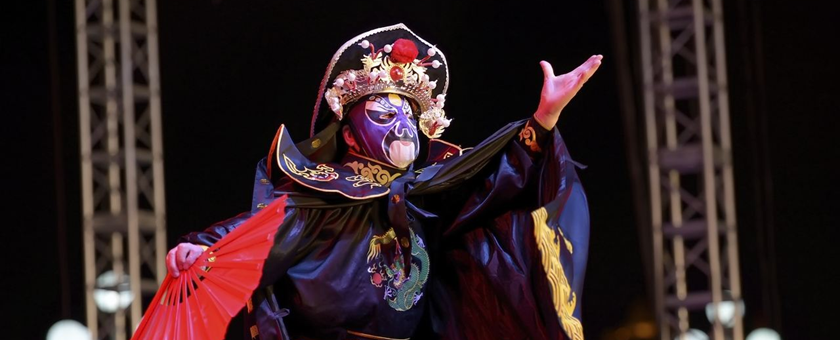
Fire-spitting
In Sichuan Opera, fire-spitting is to make the play more exciting, but also represents the evil spirit in the play. In order to spit out the fire, artists have to practice for years and be very careful, because if not done properly, it can lead to unexpected results. The basic idea is to hold the fuel safely in your mouth and spray it carefully on the torch. Do it like this, each man could not breathe while spitting, to avoid risking his own fire. Young students usually start by practicing spraying water to prevent them from swallowing fuel.
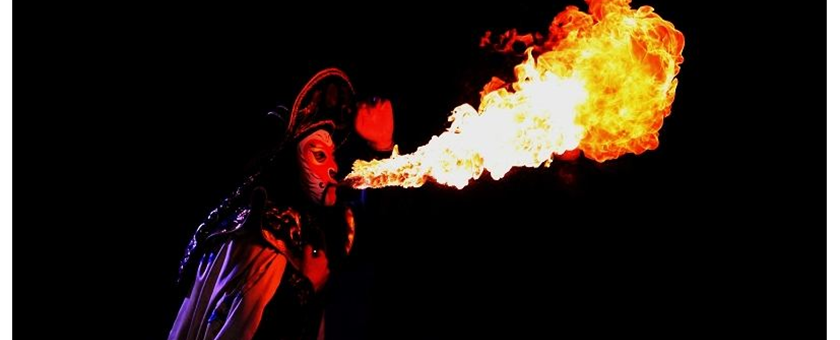
Best Place to Watch Sichuan Opera
The best place to watch Sichuan Opera is Shufengyayun Operatic Circle, which is located on Qingtai Road, Chengdu Cultural Park. This stage is in the Green-Ram Abbey, the famous Taoist temple. The architectural style is simple, consistent with the ancient Western Shu Style. The hall, which has a history of more than 100 years, now attracts outstanding actors from all over Sichuan, who hold Chinese Sichuan Opera performances every night. The daily show continues to spread traditional arts to a new generation and to maintain the vitality of history and culture.
Need Help for Sichuan Opera Ticket booking?
| Ticket Type | Ticket Price |
| VIP TICKET |
Original Price : RMB 260/Ticket Special Offer : RMB 190/Ticket |
| A- Ticket |
Original Price : RMB 200/Ticket Special Offer : RMB 140/Ticket |
| Ticket |
Original Price : RMB 160/Ticket Special Offer : RMB 110/Ticket |
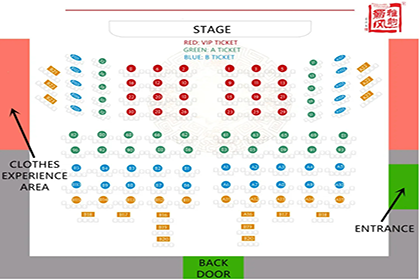

Scan the QR code to arrange Sichuan Opera show ticket booking in advance
we’ll reply you in 24 hours!
Copyright © 2012-2024 All Rights Reserved to chinaadventure.org